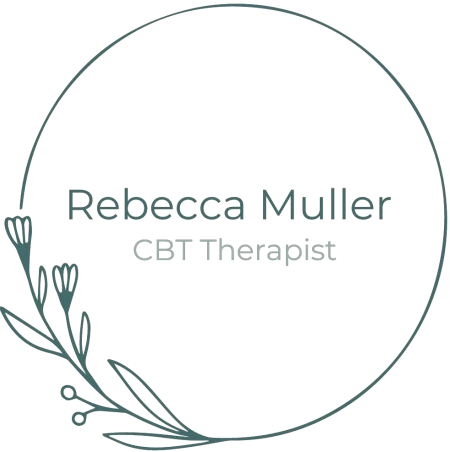As an online therapist based in North Berwick, I've worked with many clients who have experienced emotional abuse and neglect. These invisible wounds can have a profound impact on our mental health and relationships, often persisting long into adulthood. Today, I'd like to shed some light on these experiences and offer hope for healing.
Emotional abuse and neglect can take many forms. It might involve constant criticism, manipulation, or withholding of affection. Neglect might mean having your emotional needs consistently ignored or dismissed. Unlike physical abuse, these forms of mistreatment don't leave visible scars, but their impact can be just as devastating.
The effects of emotional abuse and neglect can be far-reaching. You might struggle with low self-esteem, difficulty trusting others, or a persistent feeling of emptiness. Perhaps you find yourself constantly seeking approval or, conversely, pushing people away. These are normal responses to abnormal situations – your mind's way of trying to protect you from further hurt.
One of the challenges of healing from emotional abuse and neglect is that you may not even realise you've experienced it. Our childhood experiences shape our view of what's 'normal', and if emotional neglect or abuse was your norm, you might not recognise it as harmful. Part of the healing process often involves recognising and validating these experiences.
Healing from emotional abuse and neglect is possible, but it takes time and patience. Here are a few key steps in the journey:
Recognising the abuse or neglect: Understanding that what you experienced wasn't okay is a crucial first step.
Validating your feelings: Your emotional responses are valid, even if you were told otherwise.
Challenging negative self-beliefs: Many survivors internalise harmful messages. Working to challenge these beliefs is an important part of healing.
Learning to set boundaries: Developing healthy boundaries can help protect you from further emotional harm.
Practicing self-compassion: Learning to treat yourself with kindness and understanding is vital.
Seeking support: Whether through therapy, support groups, or trusted friends, you don't have to go through this alone.
Remember, the effects of emotional abuse and neglect are not your fault. You deserved love, care, and respect then, and you deserve it now. Healing is about reclaiming your sense of self-worth and learning to meet your own emotional needs.
If you're struggling with the effects of emotional abuse or neglect, please know that support is available. It's never too late to start your healing journey. Whether you're just beginning to recognise these experiences, or you've been working on healing for a while, therapy can provide a safe space to process your experiences and develop new, healthier patterns.
If you'd like to explore how therapy might support your healing journey, please don't hesitate to reach out. Together, we can work towards building the sense of safety, self-worth, and emotional fulfilment that you've always deserved.
